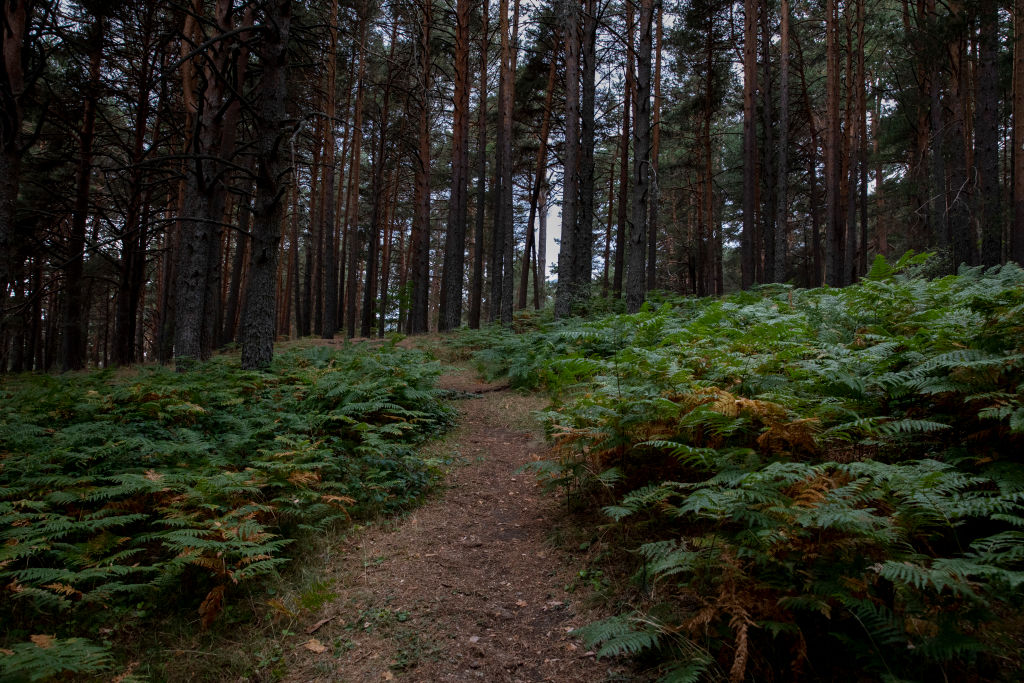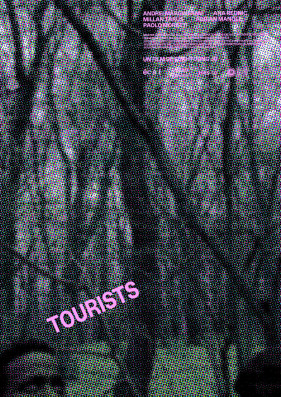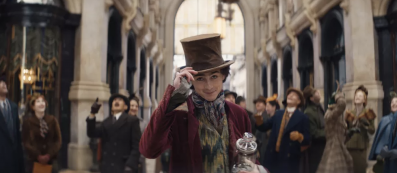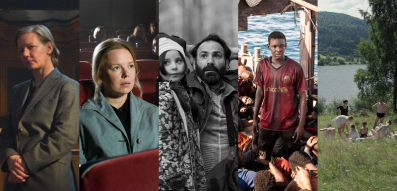
Film review: Stories from the Chestnut Woods (2019)
Slovenian fairytale for adults
In the middle of the forest, soil covered with yellow autumn leaves, a hand-dug pit is gaping. Four people approach it with baskets full of the chestnuts, still in their shells, shake off their load and then cover the 'grave place' with dry leaves. The melancholic, fairytale-like opening scene of Stories from the Chestnut Woods was brought to the viewers by first-time feature film director Gregor Božič and his long-time writer collaborator Marina Gumzi. With their previous two collaborations on shorts: Hej, tovariši (2007) and Šuolin iz Trsta (2014) duo has expressed the interest in uncommon, simple, everyday people stories from the post WW2 period related to Yugoslavia and Italy.
The film follows the stories of an old scrooge Mario - starring Massimo De Francovich, the carpenter with no work, on one side of the village and Marta - starring Ivana Roščić - the last chestnut picker, trying to save enough money and leave Europe, on the opposite side of it in Venetian Slovenia region. It is post-war times and mostly abandoned village the two are living in, presents the invisible dividing line of Western Europe and Eastern Europe. When the faith brings the two lonely strangers to coincide over the chestnut related accident it is their destiny to help one another to reconcile with themselves.
Poetic dreams of loneliness
Shot in nostalgically beautiful 35mm, Stories from the Chestnut Woods is one of a kind film that amazes and emerges its viewers into the classic, long-forgotten true cinema experience. Combining the long takes with slow storytelling, in a skillfully intertwined way and adding the multilingualism (combining the Italian and Slovenian language) upfront director Božić expects patience and full attention from his viewers for short 81 minutes of a film. With his magic realism story, told and edited poetically, the first associations that come up to one's mind might be work of Sergei Parajanov - first and foremost Shadows of Forgotten Ancestors - with just a pinch of Emir Kusturica - and his poetic fever-dream Underground.
What makes a rather interesting element of this film is, how the common nature strongly accompanies the mood and builds the narrative, almost as well and often as the protagonists. The dynamics of main characters play a significant role in bringing the weight of emotions and pressure of desitions in the film. Mario, as a character, plays out as the mediator of rational, his relationship with wife, his addiction to money and his craft, as well as the way he approaches the other villagers - best showcased in a scene where he plays Morra, archaic mathematical/ logical game. As a polar opposite, Marta lives within the shadow of her past, dreaming and seeking the one almost impossible thing in her life, to move away from the village - best seen at the moment when she's standing in front of her house, imagining her husband next to her.
Upbeat fairytale poem of the Three Kings
With such harsh topics as loneliness, mortality, leaving or being stranded it gets easy to end up with stuck-up peace of misery work that becomes its own caricature because of oversharing, misusing and pushing the emotions and narrative into the faces of the audience. Luckily, this film manages to evade that by simply implementing upbeat fairytale element of the Three Kings, the ghosts that show up at one's death-bed in order to confront the person with its state, and the things he/she has done during the life.
All in all, Stories from the Chestnut Woods is a remarkably enjoyable film that manages to capture the spirit of Anton Chekhov short stories while simultaneously telling a story of migration, loneliness, and living on the edge of the two foreign worlds that is as familiar and relative today, as in the timeframe the film is placed.
NB: Stories from the Chestnut Woods premiered at TIFF Discovery selection. So far film has won First Feature Competition - Best Film award at Tallin Black Nights festival, as well as multiple awards across home country Slovenia.















